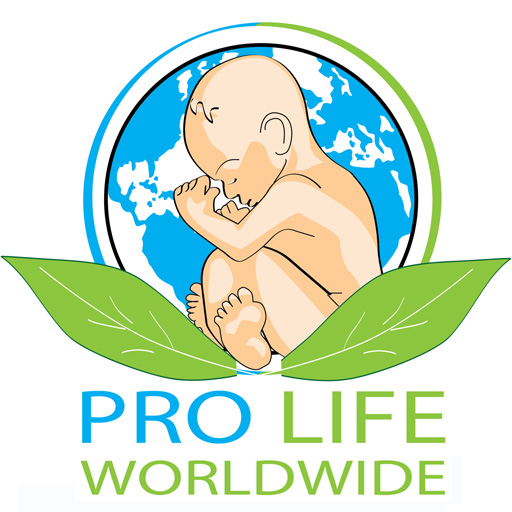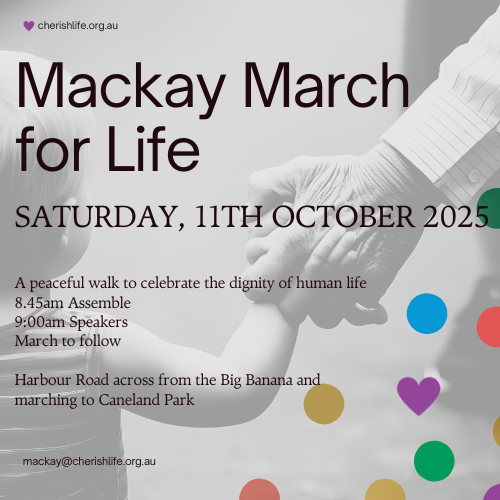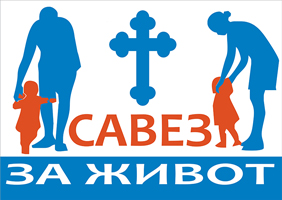Dear Sir or Madam,
The European Parliament is launching a debate on abortion on the occasion of the European Citizens’ Initiative “My Voice My Choice.” In this context, the European Centre for Law and Justice (ECLJ) co-organized a conference with the federation One of Us on 15 October in Brussels. It was the largest pro-life event in the European Parliament in more than ten years.
We gathered 300 people in a room located beneath the Parliament’s hemicycle, for nearly three hours. The conference was opened by Tonio Borg, former European Commissioner for Health, and featured eight Members of the European Parliament: Peter Agius (Malta), Laurence Trochu and Christophe Gomart (France), Paolo Inselvini and Antonella Sberna (Italy), Matej Tonin (Slovenia), Miriam Lexmann (Slovakia), and Bert-Jan Ruissen (Netherlands). The former Prime Minister of Slovenia, Alojz Peterle, was also present.
During the conference, six women shared their personal experiences about abortion. The ECLJ is thus pursuing at the European level a project initiated in 2024 in France, which has already allowed around twenty women to testify before members of Parliament and senators. Below is a short video with highlights from the conference:
“We are here today for a cause – the cause of life.”
Many women have experienced abortion as a painful ordeal — sometimes under pressure from a partner, Planned Parenthood, or a difficult social situation. These women cannot say today, through this petition: Abortion is my voice, my choice.
Their unique testimonies reflect a broader reality: 92% of women report that abortion “leaves painful marks” (IFOP, 2020). To speak of abortion as a simple choice or as a right is to deny this suffering. My Voice My Choice is a denial of women’s suffering — and also a denial of the unborn child. This double denial deepens the psychological wounds left by abortion.
The ECLJ’s YouTube channel features around fifteen testimonies:
Members of the European Parliament supporting My Voice My Choice were also invited to meet these women in Parliament. Only one accepted — privately: Maria Noichl (Germany). As the French weekly Valeurs actuelles observed, “While abortion advocates generally forget to consult those most directly concerned, this conference gave the floor to several women from different countries who had undergone abortions or faced that choice.”
Our conference conveyed a clear political message: the European Union has competences it can exercise to support maternity and the family. Funding programs are linked to these competences. While programs promoting gender theory or abortion receive strong financial support, the only program that supported maternity and the family lasted just two years and ended in 2021.
As nearly two million Europeans demanded ten years ago through the One of Us petition, we do not want our money to fund abortion or similar practices. We want European public funds to be used wisely – to support programs that strengthen maternity and the family. This is the most beneficial investment possible for Europe and for its future.



